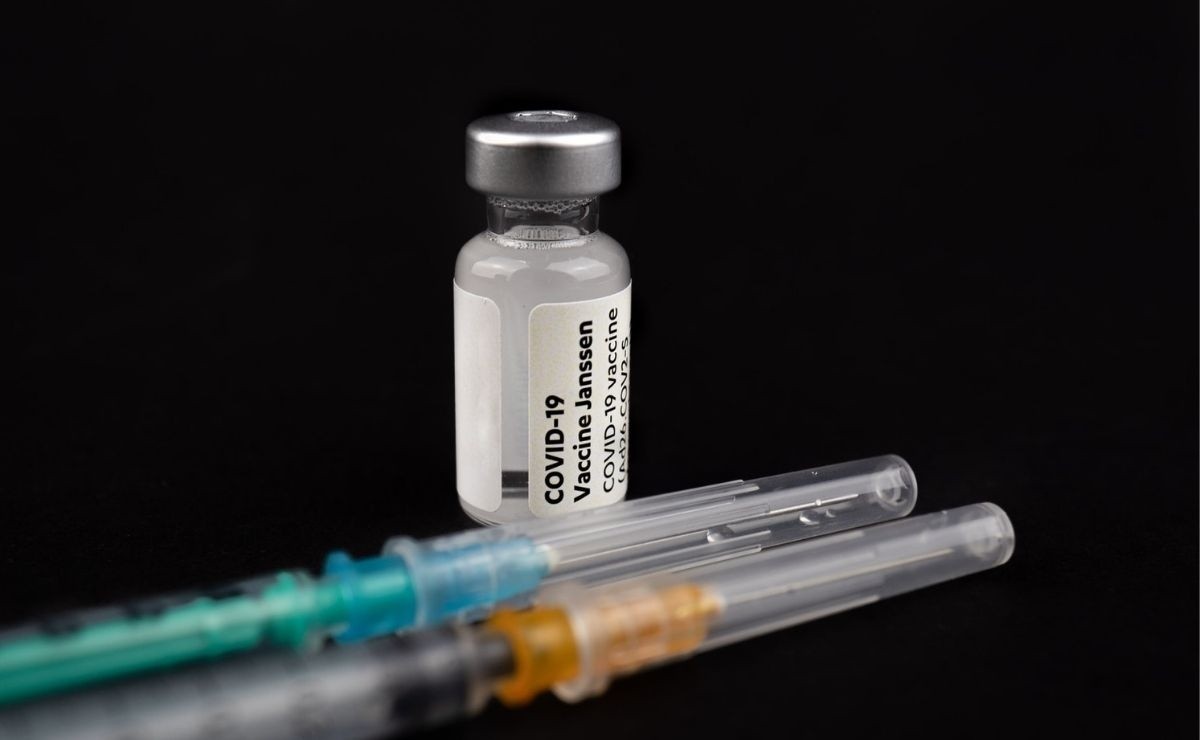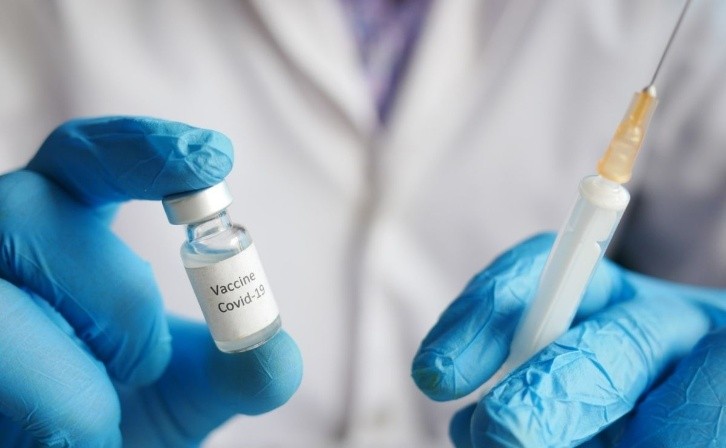
Health authorities in the United States plan to offer new booster vaccines with Covid-19 next fall that are adapted to virus mutations
Health authorities in the United States are working on improving booster vaccines against the coronavirus no later than the fall.
Health authorities in the United States are considering offering new booster vaccines against COVID-19 this fall that have been modified to better adapt to mutations in the coronavirus.
Moderna and Pfizer have tested updated injections against the contagious omicron variant, and Food and Drug Administration advisers will debate Tuesday whether it’s time to make a change, setting the stage for other countries take similar measures.
"This is science at its finest," FDA vaccine chief Dr. Peter Marks told The Associated Press, adding that a final decision is expected within days of the advisory panel’s recommendation.
Current COVID-19 vaccines saved millions of lives around the world in just their first year of use. And injections from Moderna and Pfizer still offer strong protection against the worst outcomes — serious illness and death — especially after a booster.

But those vaccines are directed against the original strain of the coronavirus, and between waning immunity and a relentless barrage of variants, protection against infection has been markedly reduced. The challenge is deciding if modded reinforcements offer a good chance of mitigating another wave when there’s no way to predict which mutant will be the primary threat.
In an analysis prepared for Tuesday’s meeting, FDA officials acknowledged that fighting last winter’s version of omicron is "somewhat outdated" as it has been replaced by even more contagious relatives.
"Obviously we’d like to do it well enough," Marks said, so that with one more injection "we’ll have a full season of protection."
Many experts say that the updated boosters promise at least a little more benefit.
"It’s more likely to be more helpful" than simply giving additional doses of the current vaccine, said epidemiologist William Hanage of the Harvard TH Chan School of Public Health.
That, assuming that the virus does not undergo further modifications.
"We’re following instead of being ahead, which is very upsetting — that we haven’t been able to have a better variant-proof vaccine," said Dr. Eric Topol, director of the Scripps Translational Research Institute, who has urged a push government funding for next-generation immunizations.
Adding to concerns about a winter wave of COVID-19 infections, about half of Americans eligible for that first booster dose never received it. An updated version might attract some of them.